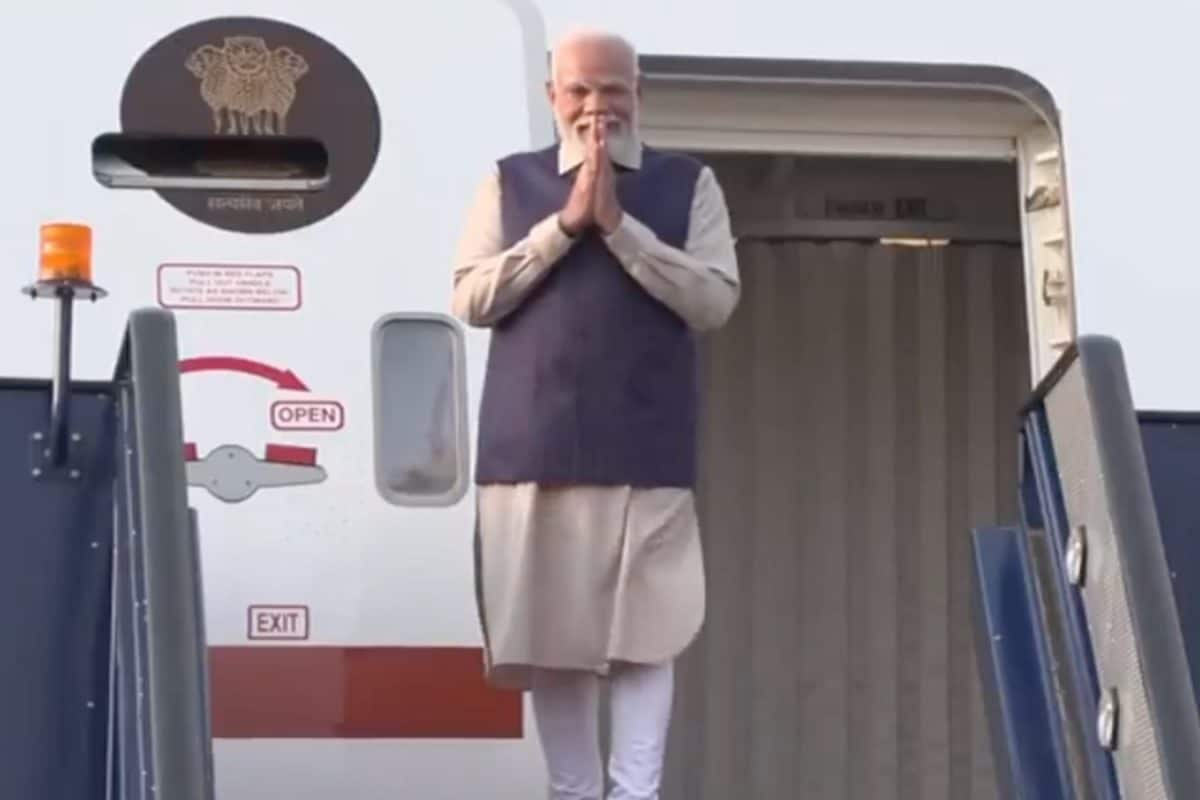

Prime Minister Narendra Modi has arrived in the United Kingdom for a two-day visit, with the highly anticipated India-UK Free Trade Agreement (FTA) expected to be signed on July 24. This visit, which also includes a trip to the Maldives, underscores the strengthening bilateral ties between India and the UK.
The FTA, officially known as the Comprehensive Economic and Trade Agreement, has been under negotiation for three years. It aims to eliminate tariffs on 99% of Indian exports to the UK and reduce tariffs on 90% of British goods. This landmark agreement is projected to double bilateral trade by 2030, increasing it from the current USD 60 billion to USD 120 billion. The agreement is expected to boost British exports such as whisky and cars to India, while providing duty-free access to Indian textiles and electric vehicles.
During his visit, PM Modi will engage in wide-ranging discussions with UK Prime Minister Keir Starmer on the full spectrum of bilateral relations, as well as regional and global issues. Starmer will host Modi at Chequers, the British prime minister's official country residence. The two leaders are also expected to review cooperation in various sectors, including defence, climate, innovation, education, and technology, with a particular focus on artificial intelligence and semiconductors. Furthermore, PM Modi is likely to raise concerns about Khalistani extremists in the UK.
The FTA is seen as a significant post-Brexit trade achievement for the UK, injecting fresh momentum into research and technology partnerships with India. The agreement will not take effect immediately. Once signed, it requires approval from the British Parliament, a process that may take about a year.
The agreement is expected to provide a boost to Indian exports, particularly in labor-intensive sectors such as leather, footwear, and clothing, by allowing their export at concessional rates. At the same time, it will make imports of whisky and cars from Britain cheaper. The agreement also addresses services, easing mobility for professionals, including contractual service suppliers, business visitors, investors, intra-corporate transferees, and independent professionals like yoga instructors, musicians, and chefs.
In 2023-24, bilateral trade between the two countries exceeded $55 billion. The UK is India's sixth-largest investor, with investments of $36 billion, while nearly 1,000 Indian companies in Britain employ around 100,000 people, with investments close to $20 billion. Under the FTA, tariffs on Scotch whisky are expected to drop to 75% immediately and then to 40% over the next decade. India will also cut duties on cars to 10% under a quota system. In return, Indian manufacturers are expected to gain access to the UK market for electric and hybrid vehicles, also under a quota system.
The Federation of Indian Export Organisations (FIEO) believes that PM Modi's visit will boost Indian exports and promote regional stability in the Indian Ocean region. The FTA is expected to benefit various Indian sectors, including textiles, footwear, marine, and engineering products.